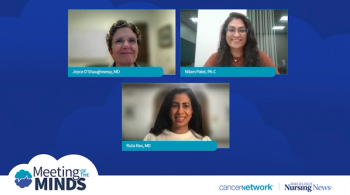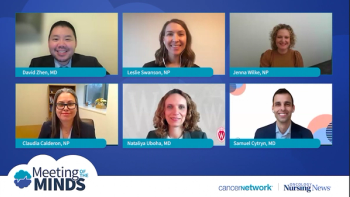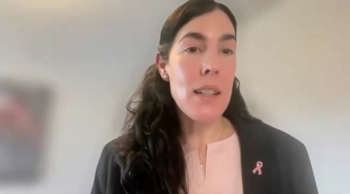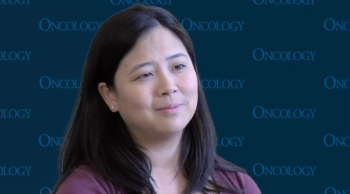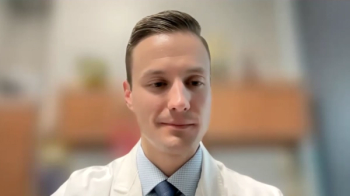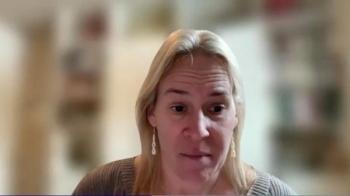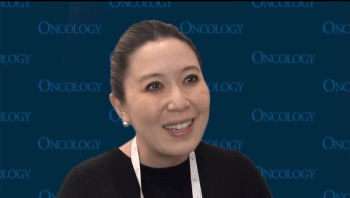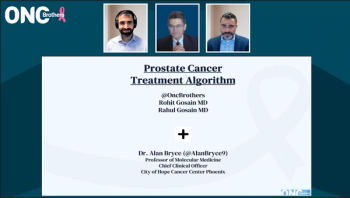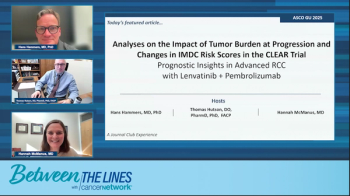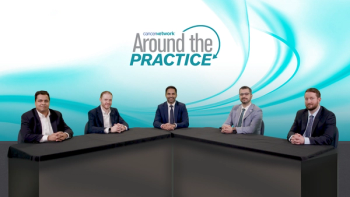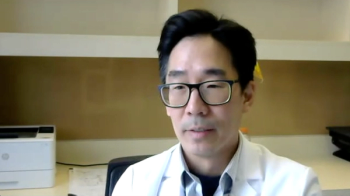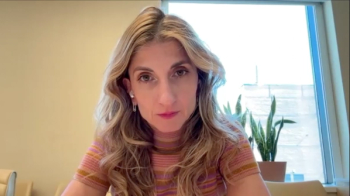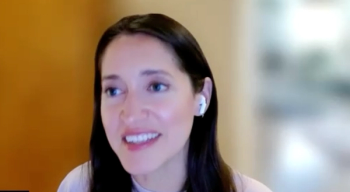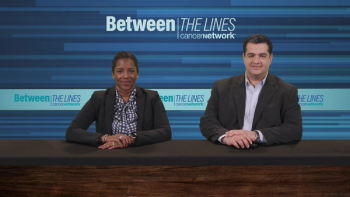Auto-SCT or CAR T? A Case-Based Discussion in Relapsed DLBCL
ByKrish Patel, MD, Saurabh Dahiya, MD, FACP,Nathan Denlinger, DO, MS ,Mohamed M. Hegazi, MD,Samuel Yamshon, MD Panelists discuss how the choice between chimeric antigen receptor T-cell (CAR T) therapy and autologous stem cell transplantation (auto-SCT) requires careful evaluation of multiple patient-specific factors. Medical professionals consider disease type and stage, prior treatments, patient age and fitness, cytogenetic risk, donor availability, and timing. CAR T may be preferred for relapsed/refractory cases, whereas transplant remains standard for eligible newly diagnosed patients.
